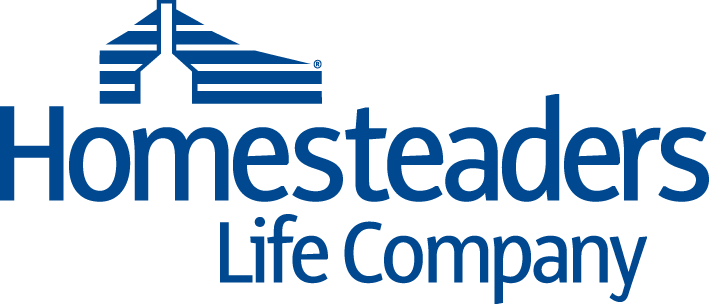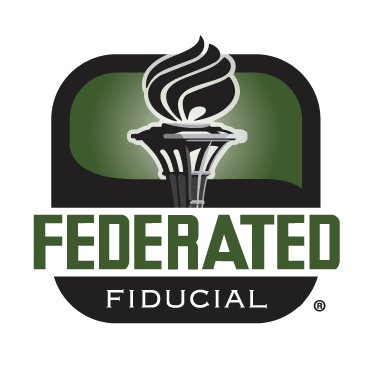Funeral home directors in the U.S., like business leaders in many other industries, must follow various Federal, state, and local regulations. Explore four deathcare industry laws and how you can easily bring your business into compliance using funeral home management software.
1. Chain-of-Custody Tracking for Deceased Remains
The recently passed Integrity in Death Care Act (IL SB2643)–set to go into effect in 2025–necessitates that funeral homes in Illinois establish a chain-of-custody and unique ID system for tracking the remains of deceased individuals who died in the state. Since other states are likely to follow suit, funeral homes nationally are taking notice.
A digital system to comply with this new deathcare industry law is the most reliable and easiest to put in place. Continental Computers makes this simple with TDAtrak™, the newest feature in our industry-leading funeral home management software, The Director’s Assistant Web (TDAW®).
Using TDAtrak™ is as easy as 1-2-3: 1) Print a tracking tag–which includes a QR code and essential information about the deceased–and place the tag on a wrist band attached to the body. 2) Scan the QR code and record actions at each point in the chain of custody. No separate phone app required! 3) Print a report anytime to show tracking details.
2. Burial-transit Permits and Transporting Remains to Disposition
While burial-transit permit laws vary from state-to-state(1), some generalizations can be made. In many states, the person who first assumes custody of a deceased body is responsible for issuing a burial-transit permit. Often, this is the funeral director.
In a few states–including Colorado, Illinois, Kentucky, New Jersey, and New York–only funeral directors and other deathcare professionals can issue burial-transit permits. In Nebraska and Virginia, this is true if the body is being transported out of state.
In Indiana, Michigan, Nebraska, New Jersey and New York, the funeral director or another deathcare professional is required to perform body removal or transport.
In some states–including Colorado, Illinois, Kansas, Louisiana, Missouri, Montana, Nebraska, Nevada, New Jersey, and Utah–the funeral director must supervise final disposition.
Because these are all crucial, time-sensitive aspects of a funeral director’s responsibilities, being able to document and complete all steps quickly using funeral home management software is very important.
For example, TDAW® makes it easy to print a burial permit for a specific state, as well as track the burial permit number and the date when it was signed. Use TDAW®’s Document Collector to scan and attach the burial permit directly to the deceased case record.
3. Death Certificates
Official documentation of death is another important aspect of complying with deathcare industry laws, and may fall under the responsibility of the funeral director. In 28 states, funeral directors are explicitly named–along with a shortlist of other deathcare professionals and medical examiners–as potentially being responsible to sign, certify, or file the death certificate.
As with burial-transit permits, many state deathcare industry laws specify that the person who first assumes custody of a deceased body is responsible for signing, certifying, or filing the death certificate.
This is another timely and important aspect of funeral documentation–and TDAW® funeral home management software makes it simple with the ability to import from/export to any participating state’s electronic death certificate filing program. You can also easily print a death certificate from a particular state and track all death certificate filing information directly in the deceased case record.
4. Funeral Services Price List
While certainly not new(2), the Federal Trade Commission’s Funeral Rule deserves a mention here because it affects funeral home directors and is easily addressed with modern funeral home management software.
The Funeral Rule states that, when consumers contact a funeral provider to ask about funeral arrangements, they have a right to obtain a general price list and (with a few exceptions) to choose the funeral goods and services they want. The price list must indicate if a particular item is required under state or local law.
Since about 90% of funeral homes in the U.S. are small business/family-owned operations(3), and the average cost of a funeral is around $8,000(4), an accurate price list for essential services is obviously important for directors and consumers alike.
Again, TDAW® funeral home management software makes this aspect of complying with deathcare industry laws easy: link your general price list to the ArrangeOnline® program, which requires the family member to acknowledge they have read the general price list. The system also tracks the effective date for the price list.
Learn more about TDAW® or contact Continental Computers anytime to explore how our funeral home software can help you run your business effectively, support families with compassionate funeral planning services, and comply with deathcare industry laws.
—
Footnotes
1. National Funeral Home Alliance: Wake Forest Law students interpretations of state death-care laws
2. Summary of Funeral Rule by Selected Independent Funeral Homes in Lincolnshire, Illinois.
3. Ownership of funeral homes source: Statista.
4. Average cost of funerals source: Marketwatch.
—
This blog post is co-authored by Mae Kowalke and Wes Johnson.
Mae Kowalke
Digital Marketing Lead, Continental Computers

Mae grew up in rural Washington State and Vermont. In high school, she worked in public libraries and during college began her career in journalism before segueing into digital marketing. Mae holds a B.A. in Communications and has spent over two decades applying her writing superpower to help businesses communicate the value they bring to customers. Mae’s life experiences provide her with a broad and deep understanding of researching, organizing, and communicating meaningful information to both businesses and consumers.
Wes Johnson
President/CEO, Continental Computers

Wes grew up in the southern United States as an underprivileged child, and went on to serve active duty in the U.S. Army for a decade. Wes holds a B.S. in accounting and an MBA, and is a practicing licensed funeral director. These life experiences provide him with a unique perspective in the death-care industry. He understands the dynamics between the family and the funeral director, including the difficulty families face to pay for funerals. “Let’s solve problems together,” he says.












